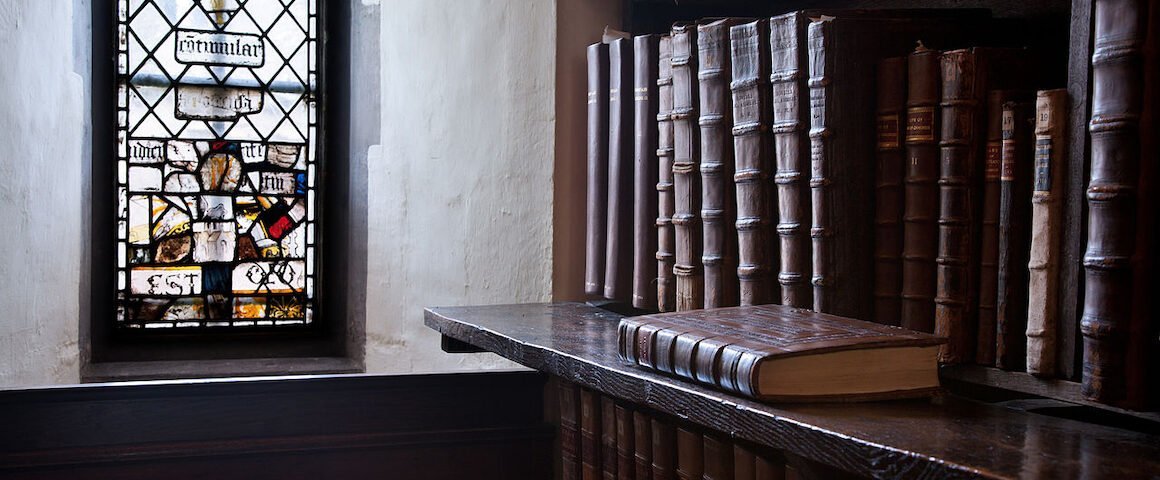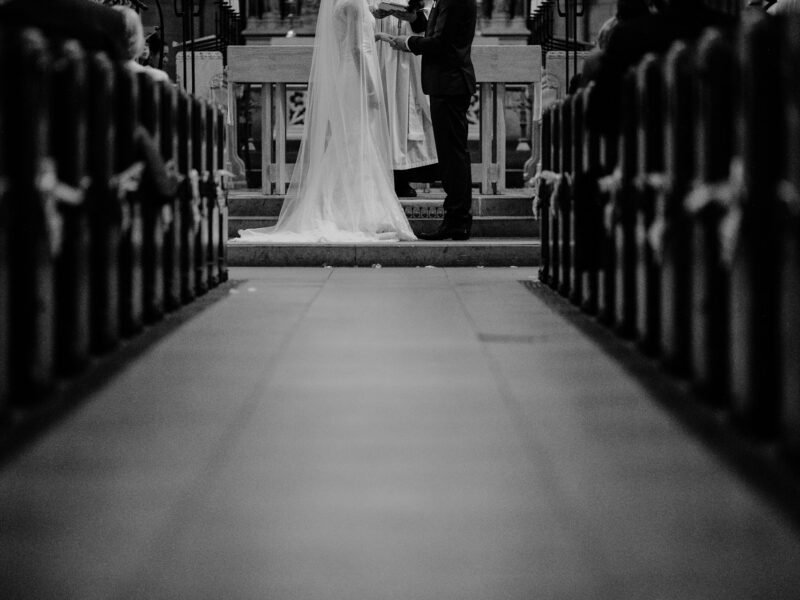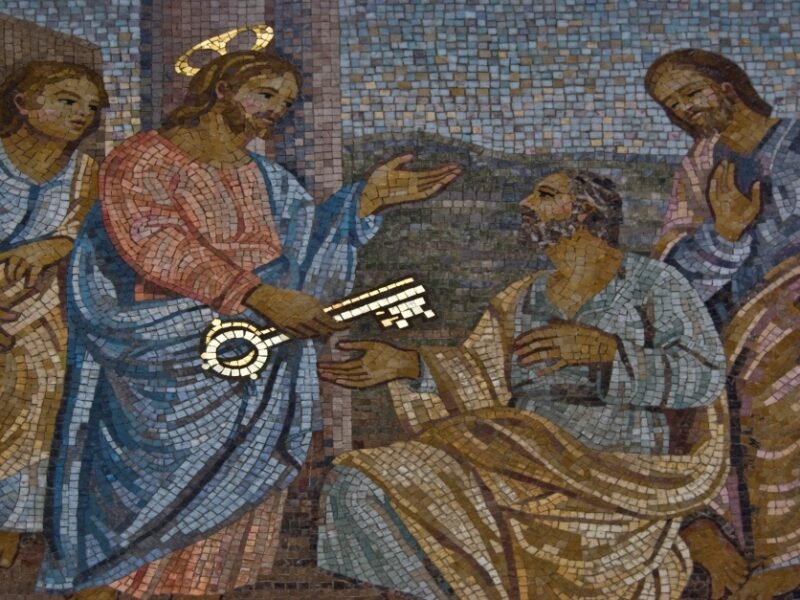Thanks in large part to the revisionist Tractarian understanding of the Anglican via media, it is now commonly supposed that the substance of Anglicanism is not Protestant. “The glory of the English Church is, that it has taken the VIA MEDIA, as it has been called. It lies between the (so called) Reformers and the Romanists,” wrote John Henry Newman.[1] And again, “A number of distinct doctrines are included in the notion of Protestantism: and as to all these, our Church has taken the VIA MEDIA between it and Popery.”[2]
Browne, writing just a couple of decades after Newman, deflates this pretension by focusing on the close connection that existed between the English and Lutheran reformers from the earliest days of the English Reformation: “In 1538, in consequence of conferences between Cranmer and the German divines, a body of thirteen articles was drawn up, in great measure agreeing with the Confession of Augsburg.” Moreover, Philip Melanchthon himself was “besought in vain [by Henry and Cranmer] to come over and help them.”[3]
Some might point out that Melanchthon never actually went to England and the Thirteen Articles never had any official status in the Church of England.[4] Nonetheless, Lutheran influence did make its way into the Forty-two Articles of Religion:
It has been shown by Archbishop Laurence[5] and others, that the Lutheran Confessions of Faith, especially the Confession of Augsburg, were the chief sources to which Cranmer was indebted for the Articles of 1552. He did not servilely follow, but yet made copious use of them.
This influence continued when Archbishop Matthew Parker revised the Forty-two Articles following the accession of Elizabeth I, which culminated in the Thirty-nine Articles we have today: “In this work [Parker] was guided, like Cranmer, in a great degree by Lutheran formularies. As Cranmer had derived much from the Confession of Augsburg, so he took several clauses from the Confession of Wurtemberg.”[6]
Browne’s commentary on the Articles themselves will provide future occasion to consider the precise overlap between Lutheran and Anglican doctrinal expression. For now, it suffices to say that the very existence of this overlap gives the lie to airy disavowals of Anglicanism’s Protestant heritage such as the likes of Newman are wont to profess.[7]
Notes
- John Henry Newman, Tracts for the Times, Tract No. 38 (1834), https://www.newmanreader.org/works/viamedia/volume2/viamedia.html, emphasis original. ↑
- John Henry Newman, Tracts for the Times, Tract No. 41 (1834), https://www.newmanreader.org/works/viamedia/volume2/viamedia.html#tract41. ↑
- See John Schofield, Philip Melanchthon and the English Reformation (New York: Routledge, 2016). ↑
- Gerald Bray, “The Thirteen Articles,” Churchman 106, no. 3 (1992): 244, https://www.churchsociety.org/wp-content/uploads/2021/05/Cman_106_3_Bray.pdf. ↑
- Richard Laurence, An attempt to illustrate those articles of the Church of England, which the Calvinists improperly consider as Calvinistical (1805), delivered as the 1804 Bampton Lectures. ↑
- See also Peter D. Robinson, “Further Thoughts on the Elizabethan Settlement,” The North American Anglican, 7 January 2022, https://northamanglican.com/further-thoughts-on-the-elizabethan-settlement/. ↑
- For more on the Protestant nature of Anglicanism, see Peter D. Robinson, “Is Anglicanism Reformed?” The North American Anglican, 14 February 2020, https://northamanglican.com/is-anglicanism-reformed/. ↑






